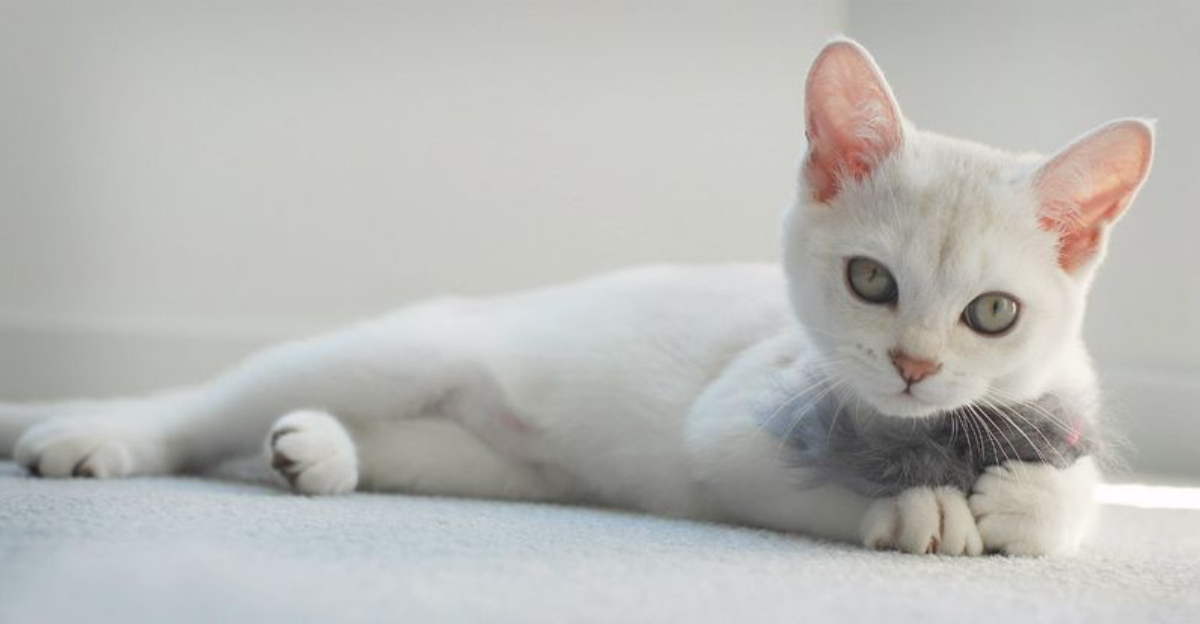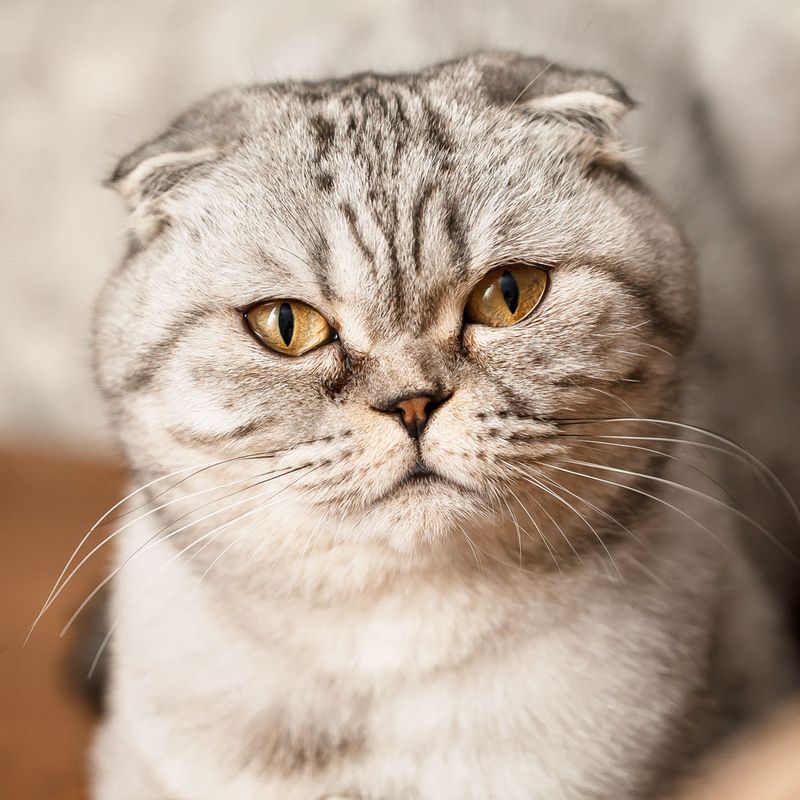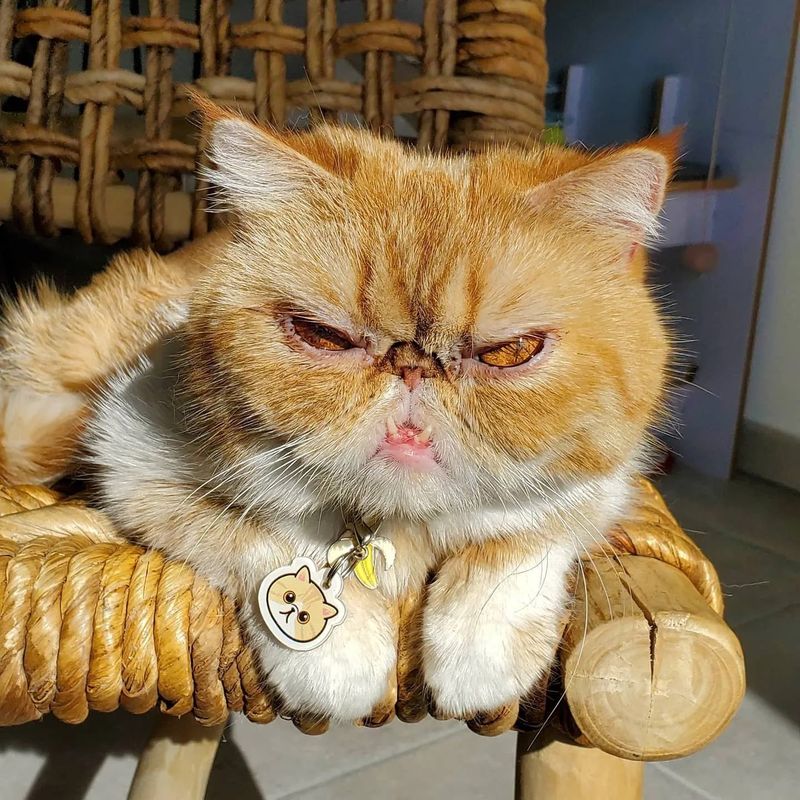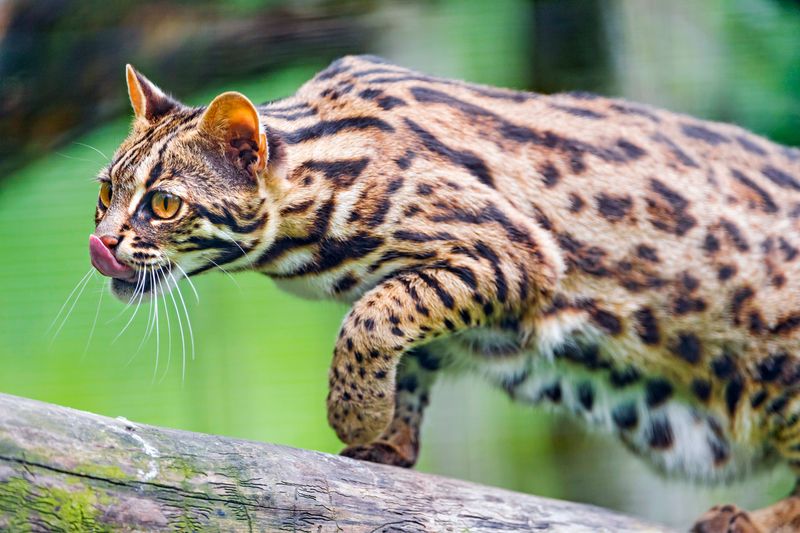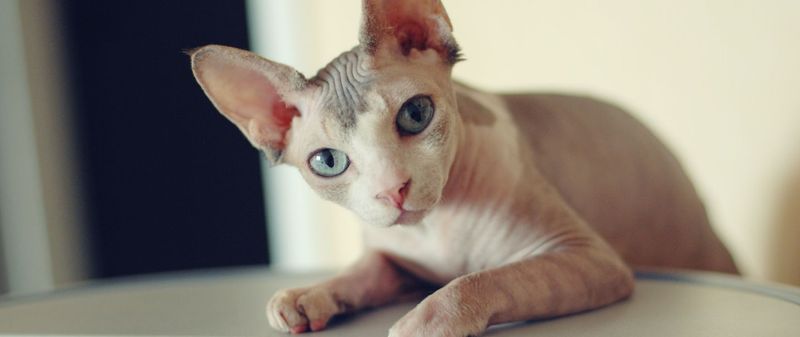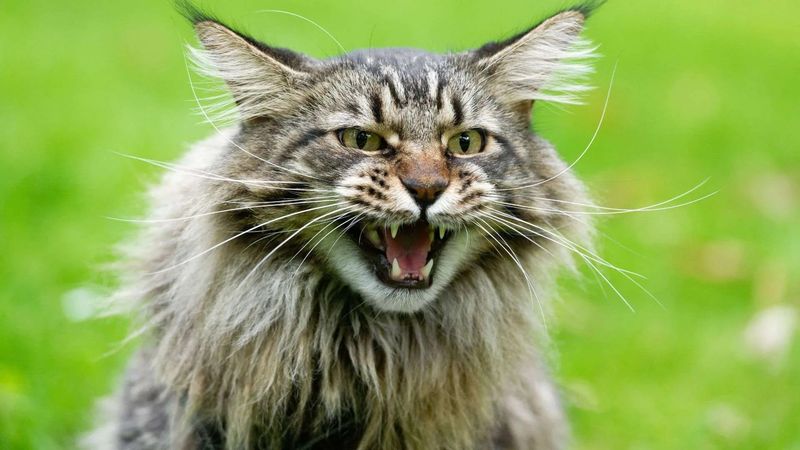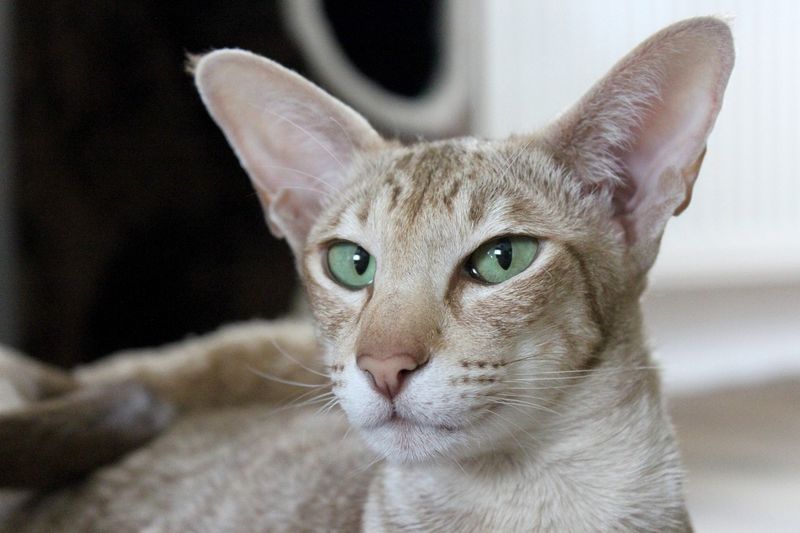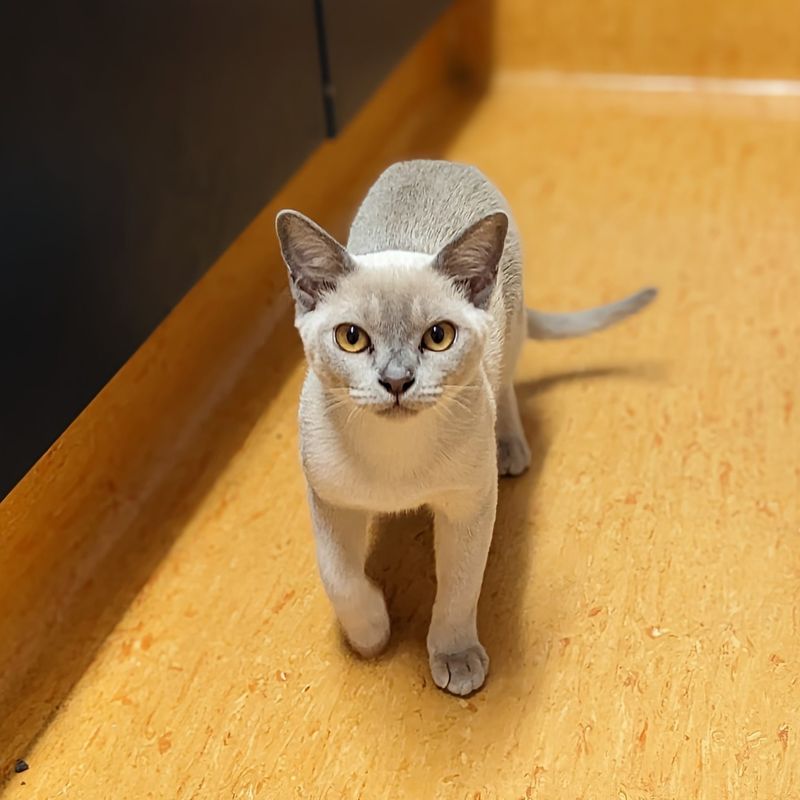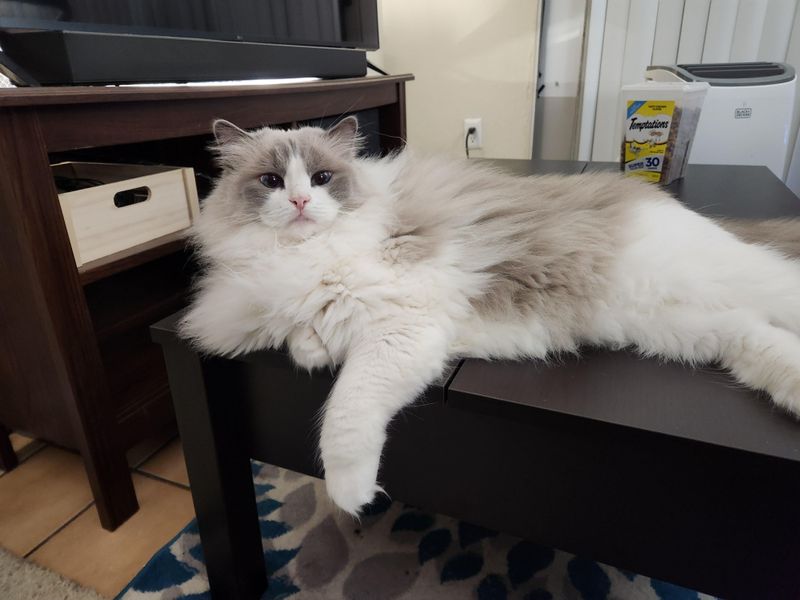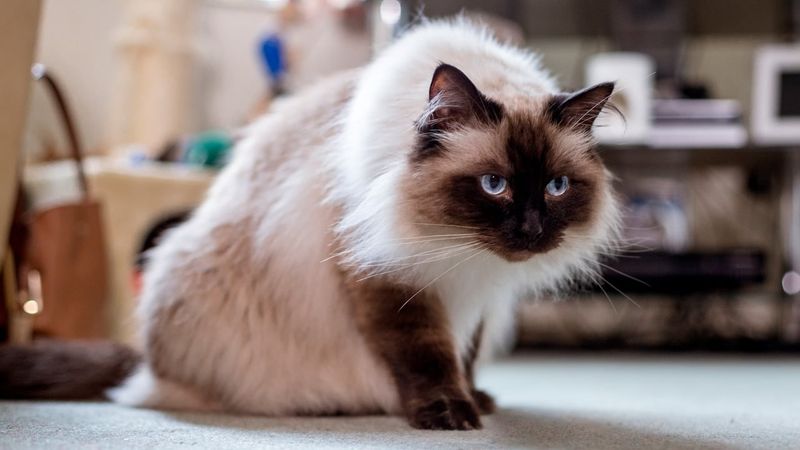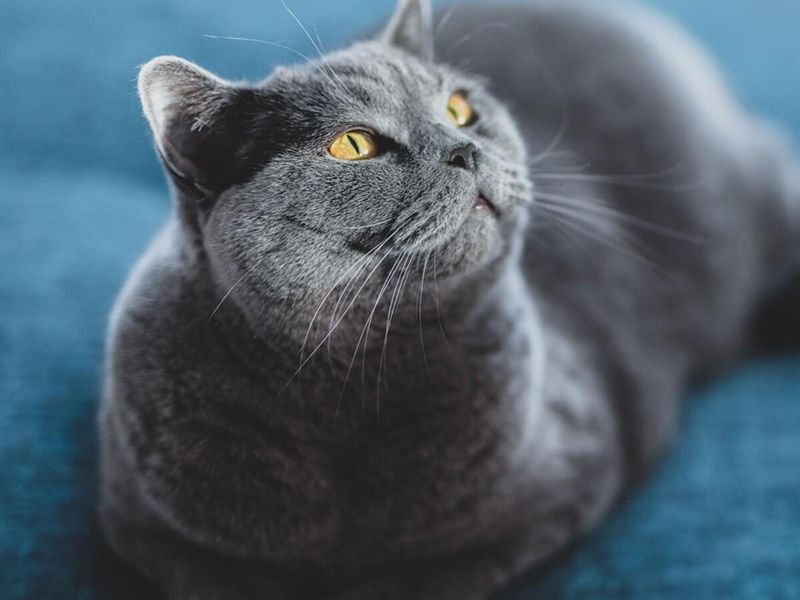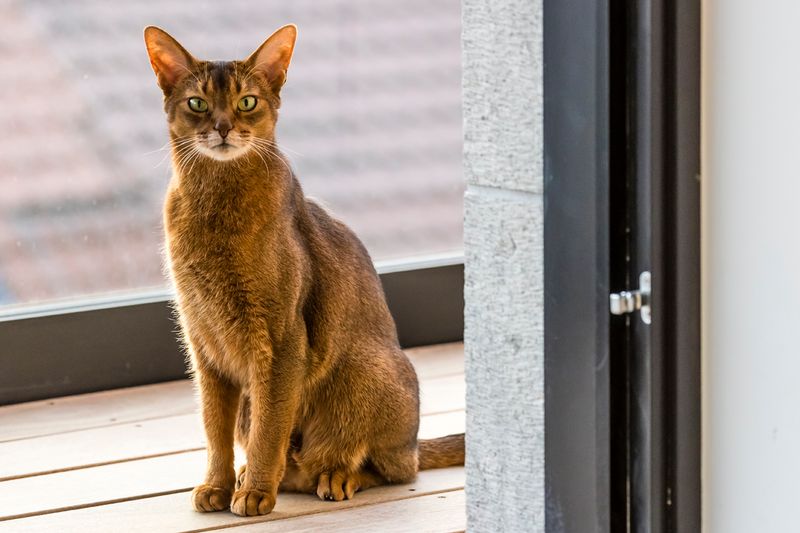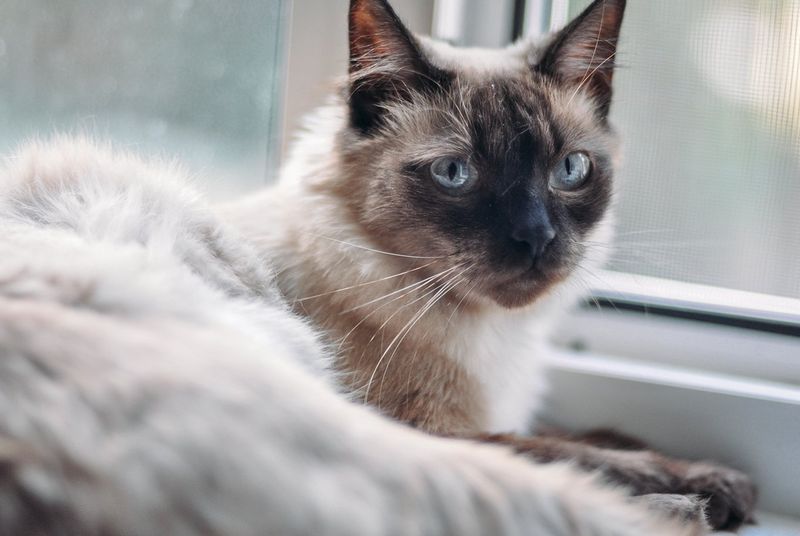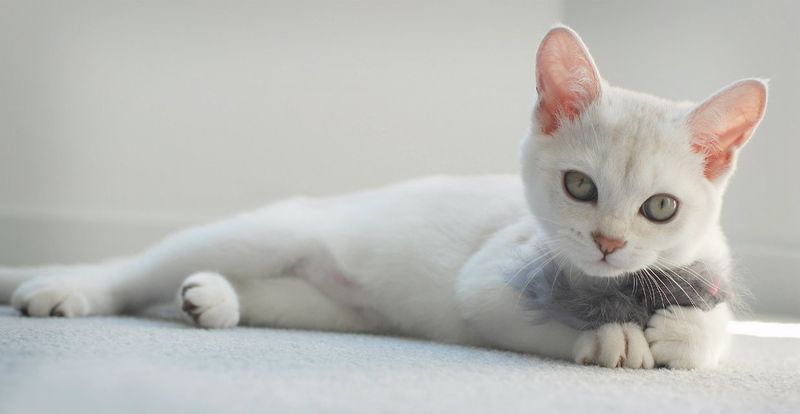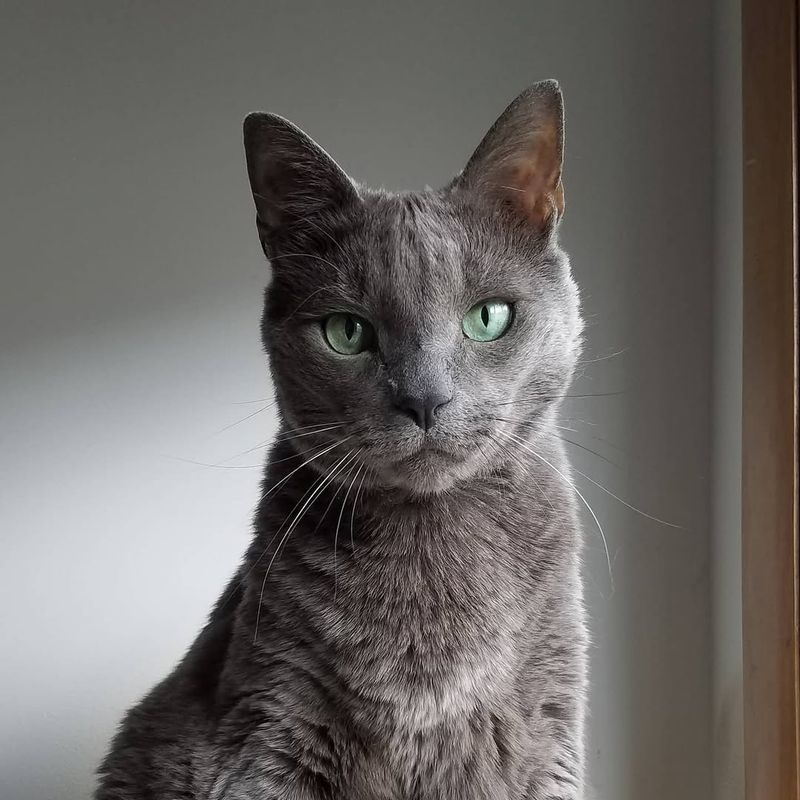📖 Table of Content:
Owning a cat is a rewarding experience, but certain breeds come with unique challenges. While some cats are adored for their appearance or charming personalities, they may face serious health or behavioral issues. These complications can make caring for them more demanding than expected, leading veterinarians to recommend caution before adopting these breeds.
Many of the breeds on this list are prone to specific genetic conditions, requiring ongoing veterinary care and attention. These health problems can sometimes be costly and time-consuming to manage, which can be a burden for unprepared owners. Understanding the potential risks associated with these breeds is essential for making an informed decision about whether they’re the right fit for your home.
The intention isn’t to discourage love for any breed but to highlight the importance of realistic expectations. Responsible pet ownership involves knowing what to expect and being prepared to care for a cat’s needs over its lifetime. By acknowledging the challenges that come with certain breeds, prospective cat owners can ensure a better experience for both themselves and their future feline companions.
1. Scottish Fold
The Scottish Fold is adored for its unique appearance, marked by its folded ears. This trait, however, stems from a genetic mutation that can lead to severe health issues, particularly skeletal problems. Their cartilage abnormalities can cause painful arthritis at a young age.
Owners often face high vet bills and an emotional toll. Despite their charming looks, these health concerns make the breed a risky choice. Potential owners should be prepared for lifelong medical care. Consulting with a vet before adopting is crucial to understand the implications of this breed’s needs.
2. Persian
While Persian cats are beloved for their beauty and calm demeanor, they often face significant health challenges. The breed’s flat faces can result in respiratory issues and dental problems. Their eyes are also prone to complications, adding to the need for extra care.
Maintaining their coat requires daily grooming to prevent matting. These health and grooming needs can be overwhelming for some owners. It’s essential to have a clear understanding of the time and financial commitment involved. Prospective owners should be prepared for intensive care and regular vet visits.
3. Bengal
With their exotic looks and vibrant energy, Bengals are a captivating breed, but their wild ancestry can sometimes result in challenging behavior. To keep them from becoming destructive, they need ample physical and mental stimulation. Families looking for a low-key pet might find them unsuitable. Bengals are also prone to some health issues, like heart disease.
Ensuring a stimulating environment and regular check-ups is crucial. Owners should be ready for the demands of keeping a Bengal happy and healthy. Consulting with experienced Bengal owners can provide insights into managing their unique needs.
4. Sphynx
Famous for their hairless appearance and bold features, Sphynx cats still require regular bathing to clean the oil buildup on their skin. Without fur, they are more sensitive to temperature changes, so owners need to provide them with warm clothing and a snug environment to keep them comfortable.
Health-wise, Sphynx cats are prone to heart conditions and skin issues. Regular vet visits are essential to monitor for these problems. Potential owners should consider the unique care requirements before adopting. Understanding these needs is crucial for maintaining a Sphynx cat’s health and happiness.
5. Maine Coon
Maine Coons are beloved for their large size and friendly nature, but they come with their own set of challenges. This breed is susceptible to hip dysplasia and heart disease. Their thick coat requires regular grooming to avoid matting. Owners need to be prepared for the space and feeding requirements of such a large cat.
Despite their affectionate demeanor, Maine Coons can be a handful in terms of care. Ensuring they have enough mental and physical stimulation is key. Prospective owners should weigh these factors carefully before committing to this breed.
6. Oriental
With their graceful appearance and outgoing nature, Oriental cats are a popular breed. However, they can be prone to dental issues and certain genetic health conditions, including heart problems. Their lively and talkative demeanor requires an engaging environment, as a lack of interaction can lead to anxiety or behavioral challenges.
Regular dental care and health check-ups are vital. Owners should ensure they have the resources and time to meet this breed’s active lifestyle needs. Understanding these requirements is crucial for providing a suitable home for an Oriental cat.
7. Burmese
Known for their affectionate nature and sleek, glossy coats, Burmese cats can be susceptible to genetic issues such as cranial deformities and glaucoma. Their need for social interaction is strong, and they can develop separation anxiety if they are left alone for extended periods.
Providing adequate mental stimulation is essential to prevent boredom-related behaviors. Regular vet visits are necessary to monitor potential health issues. Potential owners should consider their lifestyle matches the needs of a Burmese cat. Ensuring a supportive environment is key to keeping them healthy and happy.
8. Ragdoll
Ragdolls are loved for their docile and affectionate personalities. However, they are prone to heart disease and urinary tract issues. Their long coats require regular grooming to prevent tangles and mats. This breed’s laid-back nature can sometimes lead to obesity if not monitored. Owners must ensure a balanced diet and sufficient exercise.
Regular health screenings are necessary to catch potential issues early. Prospective owners should be prepared for the grooming and health needs of this breed. Understanding the commitment involved is crucial for providing a happy home for a Ragdoll.
9. Himalayan
With their gorgeous coats and striking eyes, Himalayans are a popular breed, but their flat faces make them more prone to respiratory issues. They are also at risk for eye problems and kidney disease. To maintain their beautiful coats, regular grooming is necessary, and owners should be prepared to invest time and money into both grooming and healthcare.
A calm environment and regular vet check-ups are crucial for their well-being. Potential owners should thoroughly research the breed’s needs to ensure they can provide the necessary care.
10. British Shorthair
With their plush coats and calm nature, British Shorthairs are beloved for their gentle demeanor. Despite their robust build, they are susceptible to obesity and heart disease. Regular physical activity and a well-balanced diet are necessary to maintain their health.
This breed may also experience dental issues, requiring consistent oral care. Owners should be aware of their grooming needs to prevent shedding-related problems. Regular vet visits are needed to monitor their health closely. Prospective owners should understand the importance of maintaining a healthy lifestyle for British Shorthairs. Commitment to their care ensures a harmonious relationship.
11. Abyssinian
Known for their energetic and inquisitive nature, Abyssinians are playful cats that thrive on activity. However, they are susceptible to gingivitis and renal diseases. To support their active lifestyle, they need a stimulating environment and plenty of playtime. Regular dental care and monitoring are essential, and their overall health requires careful attention.
Prospective owners should be ready for the energetic demands of this breed. Ensuring a healthy diet and regular vet check-ups is crucial. Understanding these responsibilities is essential for the well-being of an Abyssinian cat.
12. Siamese
Siamese cats are known for their striking appearance and vocal personalities. However, they can suffer from respiratory issues and dental problems. Their social nature requires constant interaction and mental stimulation.
Without it, they can become anxious and exhibit destructive behavior. Providing a rich environment with plenty of activities is crucial. Regular vet visits help monitor potential health concerns early. Owners should be prepared for the commitment of engaging with a Siamese cat. Understanding these needs is vital for fostering a happy and healthy relationship.
13. Burmilla
Known for their stunning sparkling coats and endearing personalities, Burmillas are a favorite among cat lovers. However, they are susceptible to allergies and dental issues. Their social nature makes them thrive with company, but they can develop anxiety if left alone for too long. Regular dental care and allergy management are important for their health.
Owners should ensure a supportive environment with plenty of interaction. Regular vet check-ups help maintain their health and catch issues early. Understanding the needs and possible health concerns of a Burmilla is important for those considering this breed. Commitment to their well-being is key.
14. Russian Blue
With their luxurious coats and striking green eyes, Russian Blues are an elegant breed. However, they are prone to bladder stones and obesity. A well-balanced diet and consistent exercise are vital to their health. Due to their shy nature, they thrive in a calm, stable environment. Regular grooming is needed to keep their coat looking great, and owners should stay mindful of their diet and activity levels.
Routine vet visits are necessary to monitor for any health issues. Understanding the care requirements of a Russian Blue ensures a healthy and happy cat. This breed thrives in a stable, loving home.
